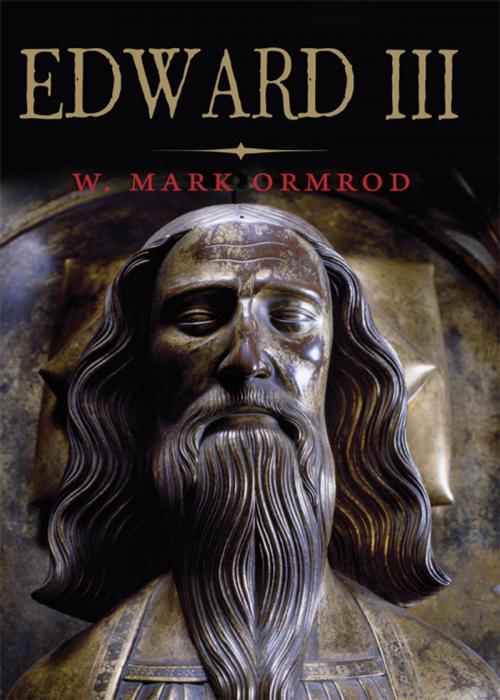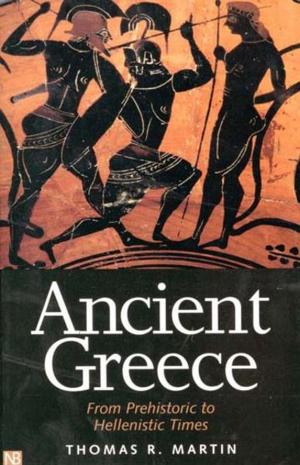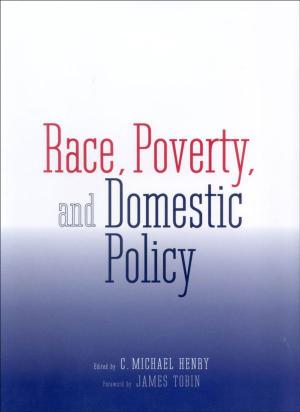| Author: | W Mark Ormrod | ISBN: | 9780300178159 |
| Publisher: | Yale University Press | Publication: | January 24, 2012 |
| Imprint: | Yale University Press | Language: | English |
| Author: | W Mark Ormrod |
| ISBN: | 9780300178159 |
| Publisher: | Yale University Press |
| Publication: | January 24, 2012 |
| Imprint: | Yale University Press |
| Language: | English |
Edward III (1312–1377) was the most successful European ruler of his age. Reigning for over fifty years, he achieved spectacular military triumphs and overcame grave threats to his authority, from parliamentary revolt to the Black Death. Revered by his subjects as a chivalric dynamo, he initiated the Hundred Years' War and gloriously led his men into battle against the Scots and the French.
In this illuminating biography, W. Mark Ormrod takes a deeper look at Edward to reveal the man beneath the military muscle. What emerges is Edward's clear sense of his duty to rebuild the prestige of the Crown, and through military gains and shifting diplomacy, to secure a legacy for posterity. New details of the splendor of Edward's court, lavish national celebrations, and innovative use of imagery establish the king's instinctive understanding of the bond between ruler and people. With fresh emphasis on how Edward's rule was affected by his family relationships—including his roles as traumatized son, loving husband, and dutiful father—Ormrod gives a valuable new dimension to our understanding of this remarkable warrior king.
Edward III (1312–1377) was the most successful European ruler of his age. Reigning for over fifty years, he achieved spectacular military triumphs and overcame grave threats to his authority, from parliamentary revolt to the Black Death. Revered by his subjects as a chivalric dynamo, he initiated the Hundred Years' War and gloriously led his men into battle against the Scots and the French.
In this illuminating biography, W. Mark Ormrod takes a deeper look at Edward to reveal the man beneath the military muscle. What emerges is Edward's clear sense of his duty to rebuild the prestige of the Crown, and through military gains and shifting diplomacy, to secure a legacy for posterity. New details of the splendor of Edward's court, lavish national celebrations, and innovative use of imagery establish the king's instinctive understanding of the bond between ruler and people. With fresh emphasis on how Edward's rule was affected by his family relationships—including his roles as traumatized son, loving husband, and dutiful father—Ormrod gives a valuable new dimension to our understanding of this remarkable warrior king.















